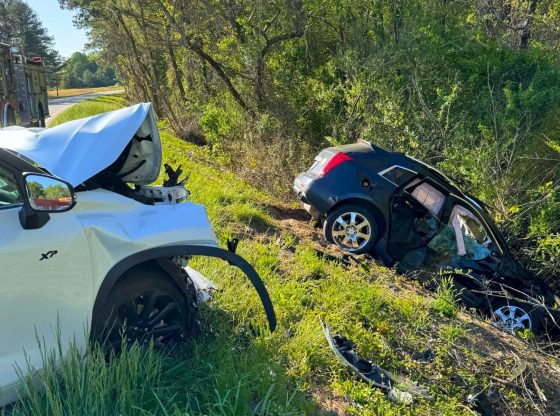The National Retail Federation anticipates that the average American will spend nearly $1,000 during the holidays, making it a prime season for scammers to seek making a profit. Better Business Bureau of Eastern North Carolina (BBB) is warning consumers to be aware of the scams happening during this time of year and do proper research before heading to the stores or shopping online.
“The Holidays are such a joyous time of year but they can turn sour really quickly if a scammer is able to find their way into your lives,” said Mallory Wojciechowski, president and CEO of BBB of Eastern NC. “Having a plan ahead of time and knowing how scammers operate is the best way to avoid losing money.”
BBB offers the following tips for Holiday Shopping:
Start early. Numbers indicate that online shopping is up, so starting your shopping early can help avoid running into out-of-stock or overpriced items.
Research the business ahead of time. Check their business profile on bbb.org, ask for references from friends/family, and look for reviews and/or complaints.
Use your credit card. When making purchases online, use your credit card rather than a debit card or another form of payment. Credit card companies are more likely to offer refunds in the event of theft.
Always check the return policy. Whether you are shopping in a store or online, always make sure you are clear on the store’s return policy before you buy. Many businesses have changed their return or exchange policies in light of the pandemic.
Track your packages. Follow shipments from the seller to your front door with online, text message or phone call tracking offered through the delivery company. Sign up for alerts to be notified of delays or exceptions and when the package has been delivered.
Beware of false advertising such as fake social media ads. Just because you see a product advertised on social media does not mean its real. Scammers have been known to purchase those ad spots to reel unsuspecting victims in.
Price check before you buy. Dozens of online retailers will claim they have the best price on an item, but their offers can be misleading. Do your homework by comparing prices. Remember that the best deal may not be the real deal.
Watch out for phishing scams. Look out for unsolicited emails, texts, calls, or letters. These messages may claim you have a free gift waiting for you or that there is a problem with a delivery – all you need to do is click on a link or give up your personal information. Avoid phishing scams by ignoring suspicious correspondence and calls from unfamiliar phone numbers.
For more information you can trust, visit BBB.org.
Contributed.


















